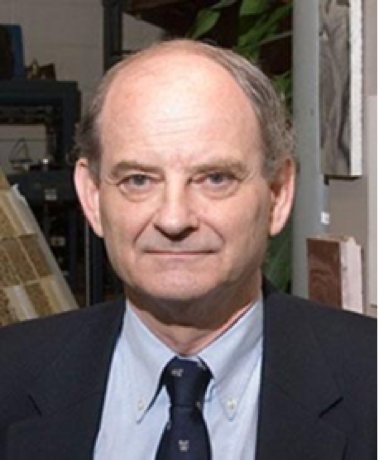Christian Meyer, professor emeritus in the Department of Civil Engineering and Engineering Mechanics (CEEM), passed away peacefully in his sleep on June 5, 2020 after many years of debilitating illness.
Meyer joined CEEM in 1978, and served as Department Chair from 2007 to 2009, highlighting his dedication and service to the University. In the 1990s, he served for several years on the University Senate as representative of SEAS tenured faculty. During his tenure in the Senate, he chaired the Budget Review Committee and he is remembered for his great dedication and commitment.
He was born in 1943 in Magdeburg, Germany, in central Northern Germany, which later became part of East Germany. At the end of 1948, his family fled to West Germany and settled in Hannover, where he attended four years of elementary school. In 1953, the family moved to Bonn where, after nine years, he graduated from the Gymnasium with the Abitur. In 1962, Meyer spent the mandatory six months as an apprentice in construction and then enrolled in the Technical University of Berlin. After five semesters of study, he received the “Vordiplom” degree, something of a half-way mark towards the diploma in civil engineering. He then went to UC Berkeley for a one-year Masters degree. While at Berkeley, he married Hwa Soon, an MA student in musicology with an undergraduate degree in piano from Seoul National University, whom he met in Berkeley’s International House. Within five years, he earned both his MS and PhD degrees. He worked in the design firm AC Martin in Los Angeles and then in Boston, where he joined the Stone & Webster Engineering Corporation until he decided to return to academia.
Meyer’s main research efforts originally focused on the analysis of concrete structures subjected to severe earthquakes. But after having developed with his students very complex models of concrete members, he realized that these models were almost exclusively of an empirical nature and were not as intellectually challenging as building models based on basic material properties and principles of mechanics. He thus became interested in concrete material science, an area that drew his primary attention for the next 30–plus years.
Meyer had an extremely productive scholarly career, publishing more than 200 technical papers. He also published the textbook “Design of Concrete Structures” (Prentice-Hall 1995). In recognition of his major research contributions, he was awarded the prestigious Alexander von Humboldt Research Prize for Senior American Scientists.
Meyer was predeceased by his wife Hwa Soon in April 2020. He will be missed by his colleagues and the many students who benefited from his instruction and his dedicated mentorship.

